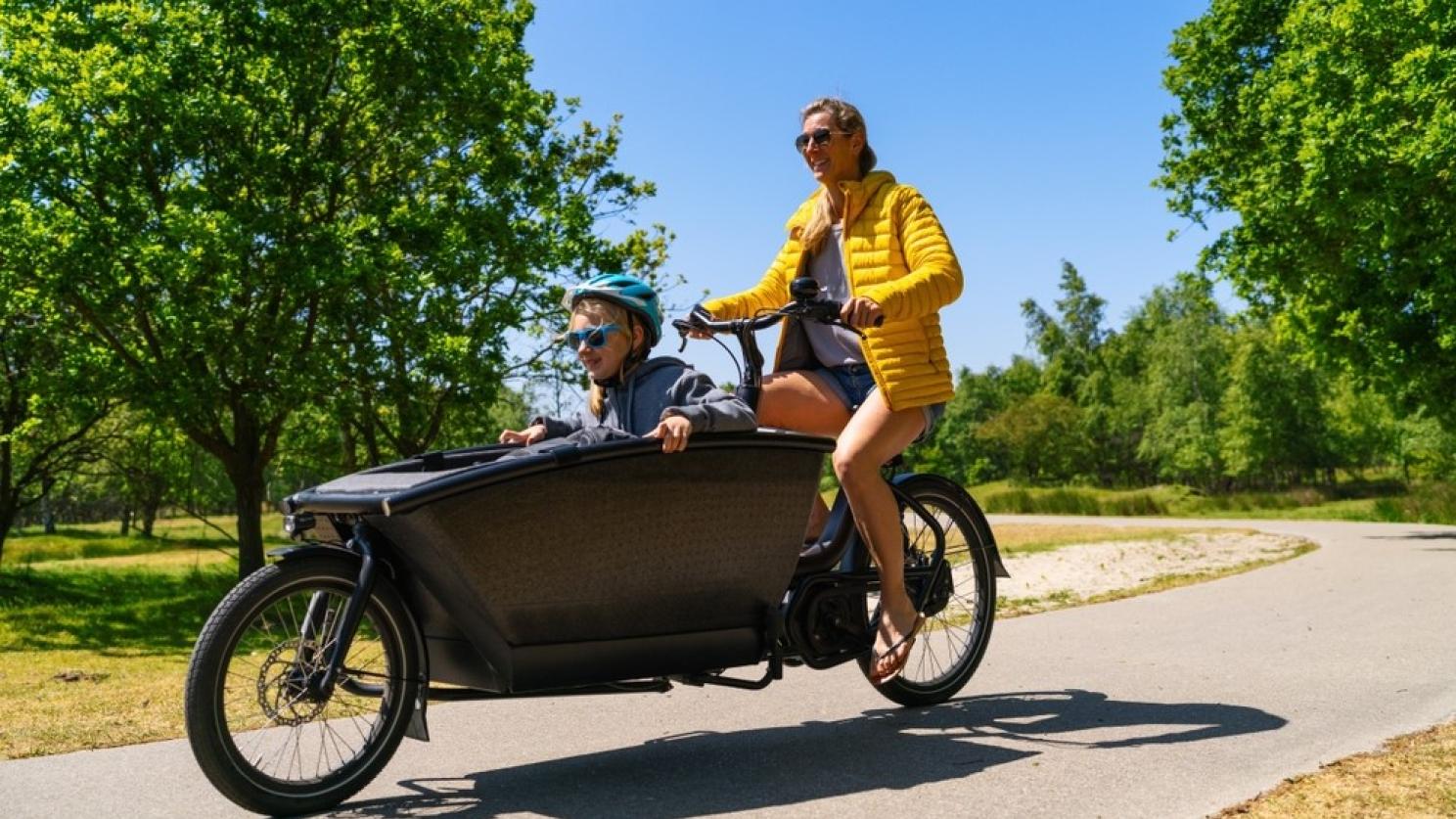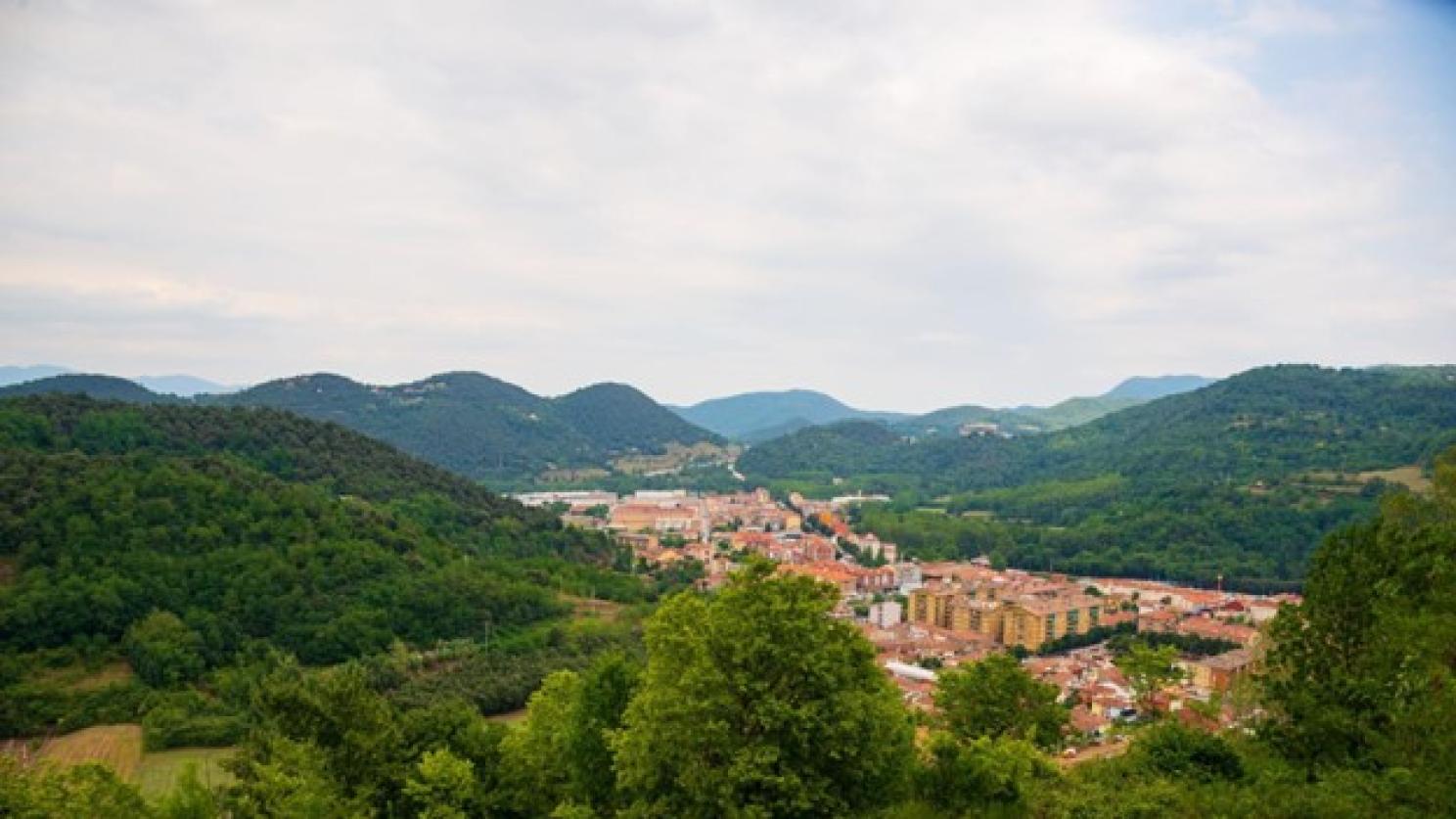Creating a secure bike parking network to boost sustainable mobility
Located close to Girona, in the La Garrotxa Volcanic Zone Natural Park, is the city of Olot. Despite its hilly terrain, cycling is becoming increasingly popular in the city and wider region – and Olot City Council is keen to promote sustainable mobility further.
“Our city plays a crucial role in the entire region’s mobility – around three-quarters of trips in this region pass through our streets, so our goal is to completely transform mobility in Olot,” says Isaac Crivillés i García, Councillor for Energy Transition, Public Health and Mobility at Olot City Council.
In 2022, the Olot City Council’s ‘Promoting Mobility Plan’ was approved – and one of its aims is to create a network of safe bike parks. This is one of four projects selected for the Sustainable Cities Climate Impact Challenge, organised by EIT Climate-KIC and EIT Digital, and supported by FedEx.
Like many European cities, the lack of secure bike parking is seen as an issue for Olot residents hoping to increase their trips by bike, raised in surveys put out by the Council. For a hilly city that wants to encourage more inhabitants to use and park electric bikes, this is an especially large barrier.

“Around here, typical bike parking includes the bike racks you see in many cities, the inverted U-shaped stands anchored to the ground. We want to provide enclosed bike parking locations, where you can leave your bike securely for several hours. To access it, cyclists will need to register and that way we know who has their bike inside and who has accessed it. This will hopefully encourage cyclists – especially electric bike users – to take more trips into the city by bike and no longer worry about theft,” says Joan Rigall, Mobility Technician at Olot City Council.
The project aims to create a network of open-air parking areas, requiring authorised access, in facilities where there is parking demand – such as schools, hospitals and sports centres. All bike parks will have the same type of user identification and after registration, users will be able to park their bikes safely inside.
Olot City Council hopes this investment will lead to long-term, sustainable behaviour change. As Councillor Crivillés i García says: “Once this project is implemented, my biggest wish for Olot residents is that they find a way to make their trips more sustainable and healthier. The overall goal is to completely transform mobility and this programme undoubtedly contributes to that.”

